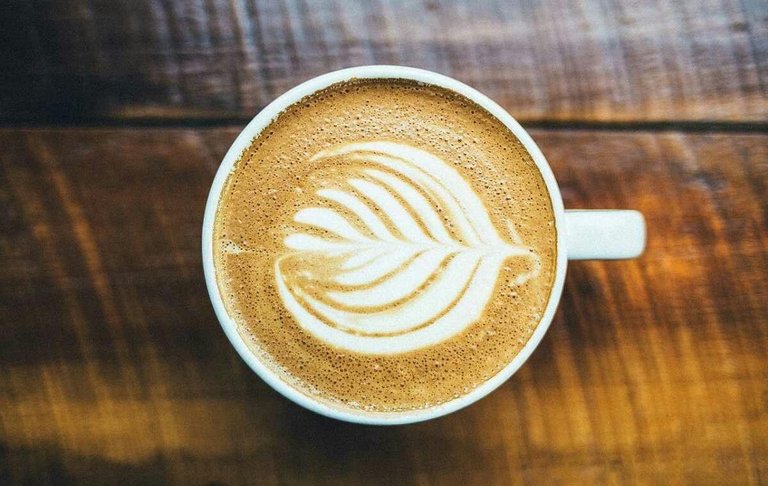
Not much activity for the average person seems to be a ritual, and drinking a cup of coffee can be one of them. Despite warnings from several doctors over the years that coffee may have a negative impact on the body, people still love this drink. In America, about 64 percent say they drink coffee at least a day - data has barely changed significantly since the 1990s , And may become more popular in other parts of the world. In Indonesia itself, the phenomenon of drinking coffee is increasingly popular among the urban middle class, as evidenced by the number of coffee shops (warkop) and cafes that provide various types of coffee for its connoisseurs in a number of metropolitan cities. Luckily for those coffee lovers, scientific findings now support their habits. Research has shown that coffee can have a positive effect on the body.However coffee is bad for you? For several years, doctors warned against coffee because it could increase the risk of heart disease and inhibit growth. They worry that drinkers may be addicted to drinks that contain high caffeine, causing them to crave more drinking with higher levels of caffeine. Experts are also worried that coffee has a devastating effect on digestion, which can cause gastric ulcers, ulcers, and other diseases. But that does not blame coffee. The study does not always take into account other factors that can also cause deteriorating health, such as smoking, drinking, and lack of physical activity. If coffee drinkers also have other unhealthy habits, then this does not mean that coffee is a major cause of heart problems and levels High mortality. This understanding restores the reputation of this drink. Recent research reveals that when a good adjustment is made, coffee drinkers do not appear to have a high risk of heart or cancer problems than those who do not drink coffee. The study also found no significant association between caffeine in coffee and cardiovascular health problems such as cholesterol, irregular heartbeat, stroke, and heart attacks.Are the coffee good for you? Research shows that those who drink coffee regularly may be at risk 11 percent suffer from type 2 diabetes, lower than those who are not coffee drinkers, because coffee-containing ingredients can affect hormone levels in metabolism. In a larger study involving thousands of people, researchers found that those who drank per cup Day - about two to four cups - actually have a lower risk of stroke. Cardiologists say the benefits come from the effects of coffee on blood vessels; By keeping the vessels healthy and flexible, coffee can lower the risk of constriction of blood vessels, which is the cause of heart attacks. Coffee also has high levels of antioxidants, which can resist oxidative damage, which is known to cause cancer. This could be the reason why some studies have found coffee drinkers who have a lower risk of developing liver cancer. Coffee may even help to live longer. A recent study quoted daritime.com, involving more than 208,000 men and women found that those who drink coffee on a regular basis are less likely to die at an early age, compared with those who do not drink coffee. Researchers believe that some chemicals in coffee can help reduce inflammation (inflammation), which is known to affect health problems associated with the aging process, including dementia and Alzheimer's. A number of facts also suggest that coffee may slow down the metabolic processes that trigger aging. Probably the downside is that, those who drink coffee feel dependent on caffeine (not surprisingly for the frequent coffee break addicts). A number of symptoms - headaches, fatigue - can be similar to those who are addicted to drugs.How much is safe for coffee? Like most foods and other nutrients, coffee consumption can cause problems, especially on digestion. However, studies have shown that drinking 400 mg of coffee per day is safe for coffee lovers. Dosing is the key. Drinking coffee with some gulps in a rational amount, may be one of the healthful things that can be applied.
Thanks for this Useful post about coffee
Same thing, greetings know before